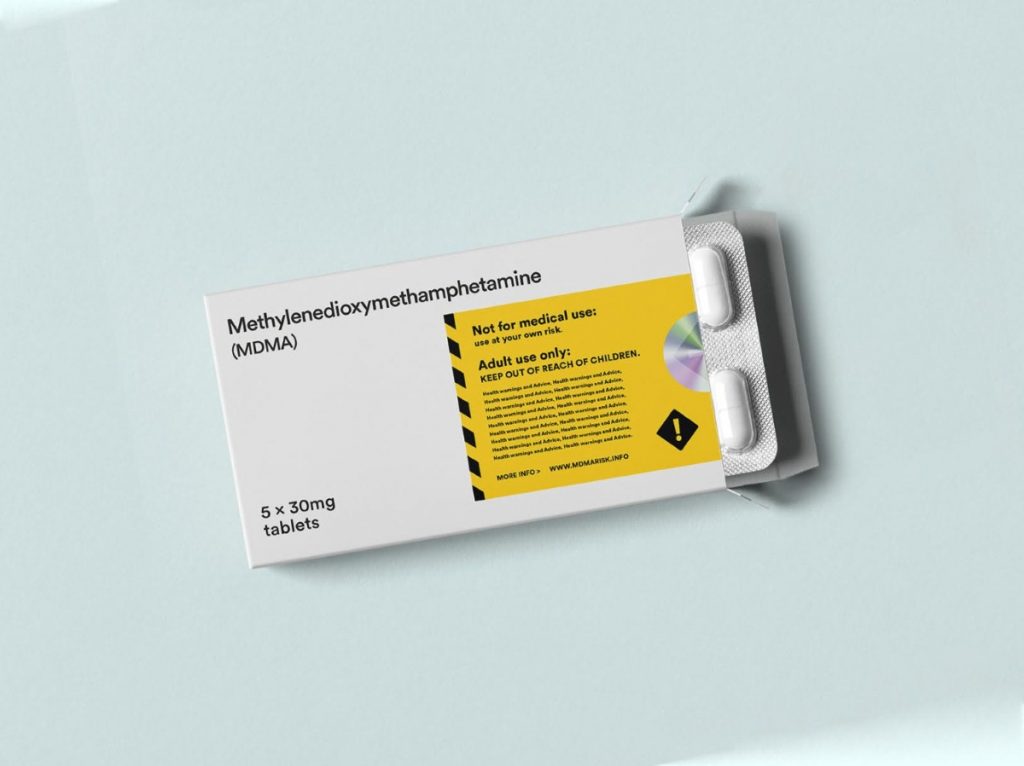By Steve Rolles
"The debate on drugs can often be heated and polarising; yet, on one point at least, there is a growing consensus: the 'war on drugs' has failed." So writes Helen Clark, former prime minister of New Zealand, in the foreword to Transform's new book – 'How to Regulate Stimulants: A Practical Guide'.
It is hard to argue with. Despite untold billions spent over many decades, drug use, health harms and the size of illegal drugs markets continue to grow, bringing chaos, instability, violence and a sprawling global trade controlled by ruthless organised crime groups.
But accepting the drug war has failed begs the question: what is the alternative?


Drugs are here to stay whether we like it or not. Policy makers have a responsibility to pragmatically deal with that reality — not continue to chase the fantasy of a 'drug free world'. We have to find ways to manage drug markets in order to minimise harms. This is recognised in recent policy developments across the world — from more responsible tobacco regulation, to the growing moves towards cannabis legalisation.
This applies not just to cannabis, but higher-risk drugs. Stimulants – including cocaine, MDMA and amphetamines – are used by tens of millions of people each year, and yet they are rarely discussed in drug policy reform. In our new book, we outline practical proposals for how stimulant regulation could work in practice, in a way that protects health, reduces crime, promotes human rights and supports social justice. We have drawn on lessons from alcohol, tobacco, cannabis and pharmaceuticals, and propose a carefully regulated approach:
- MDMA, amphetamine pills, or cocaine powder would be sold in single adult use doses, in unbranded pharma-style packaging with clear content labelling and prominent health information and warnings.
- Products would only be available to adults, with retail via dedicated pharmacy-style outlets, staffed by licensed professionals with specialist training to offer health and safety information to customers.
- Retail outlets would be under the sole control of a dedicated government regulatory agency, with no other retail permitted. The idea for what is effectively a state retail monopoly on drug sales is not a new one. It is already seen with alcohol sales in Sweden for example, and recreational cannabis sales in several Canadian provinces. The aim is to allow prioritisation of public health goals, and removal of commercial profit incentives to initiate new users or increase use – learning from the grim history of unfettered alcohol and tobacco marketing. The regulatory agency would also license production activities, set prices, maintain strict quality controls and enforce total bans on marketing and advertising.
State run pharmacy-style outlets selling unbranded products with prominent health warnings may not seem like much fun, but we are looking to ensure that demand for drugs is met in a way that optimises health and crime outcomes without promoting use. The focus is very much on managing the drug using experience to minimise risks, rather than creating a shopping experience to maximise revenue.

There is no one-size-fits-all model, so alongside the core model, we also propose that lower strength products such as coca-leaf be commercially available, like coffee or energy drinks. For high-risk preparations, such as crack cocaine and crystal methamphetamine, we do not propose a conventional retail model, but a harm reduction approach including options for supervised consumption spaces, substitute prescribing and wrap-around care.
The profit incentives of prohibition have tilted the market towards the most potent and risky drugs. It's easy to get crack on the streets of London but near impossible to get coca leaf should you seek a milder stimulant effect. The regulatory levers available under a regulated model – on dosage and preparation, price, and availability – could be used to tilt the market the other way, towards use of safer products, in safer ways, in safer environments. Regulation would also make talking about drugs, and how to manage and minimise drug risks, very much easier.
The proposals we detail are just the start of an important and urgently needed conversation. People agree that something needs to change. Now is the time to discuss what that change looks like. Transform has produced this book – and made it available as a free ebook – to inform and promote that discussion. We invite everyone to join this conversation, and help design a world not without drugs, but without the war on drugs.
Steve Rolles is a senior policy analyst at Transform. His new book, How To Regulate Stimulants: A Practical Guide, is available to buy here, or to read online for free here.You can follow him on Twitter here.
The opinions in Politics.co.uk's Comment and Analysis section are those of the author and are no reflection of the views of the website or its owners.













